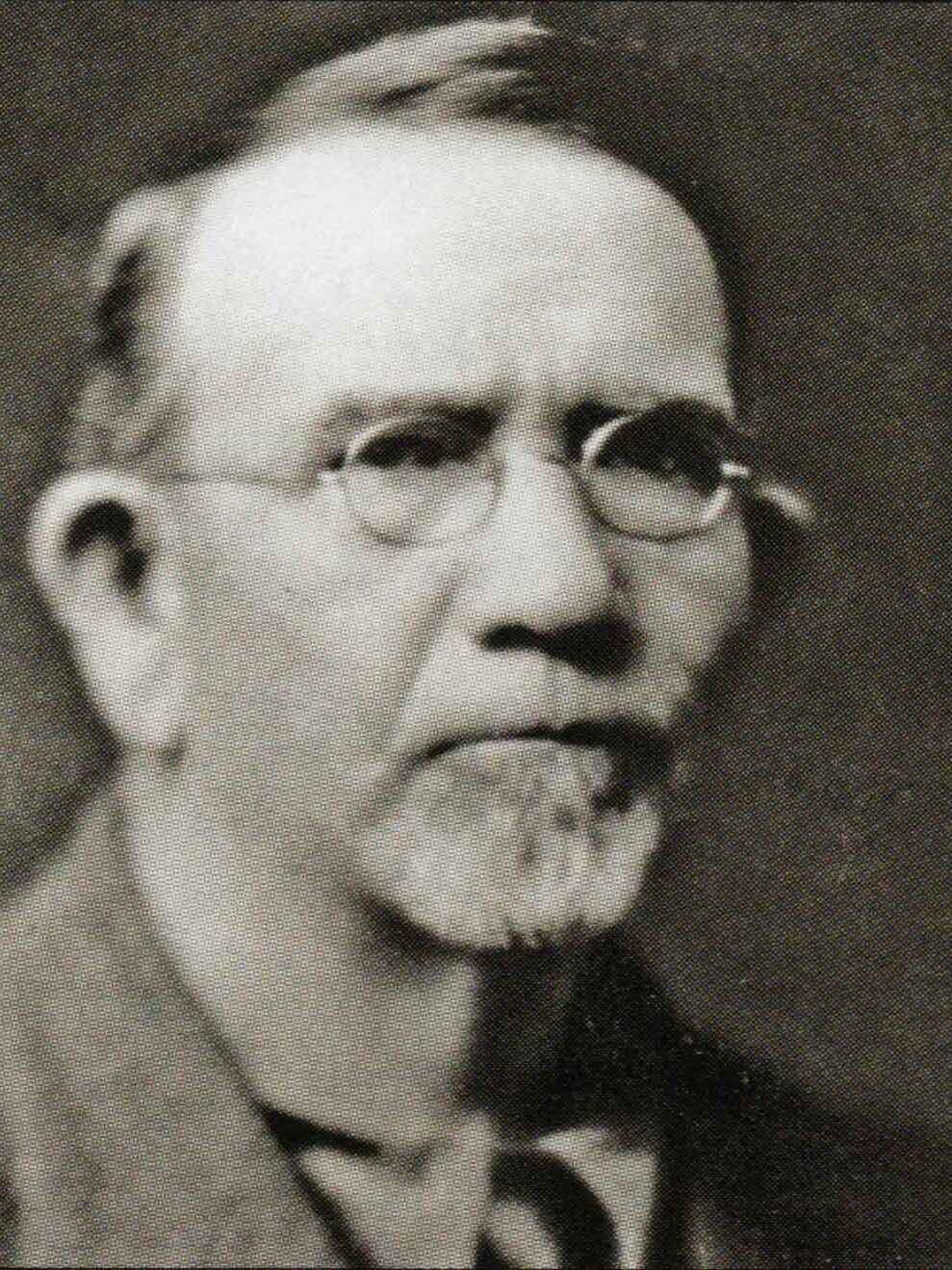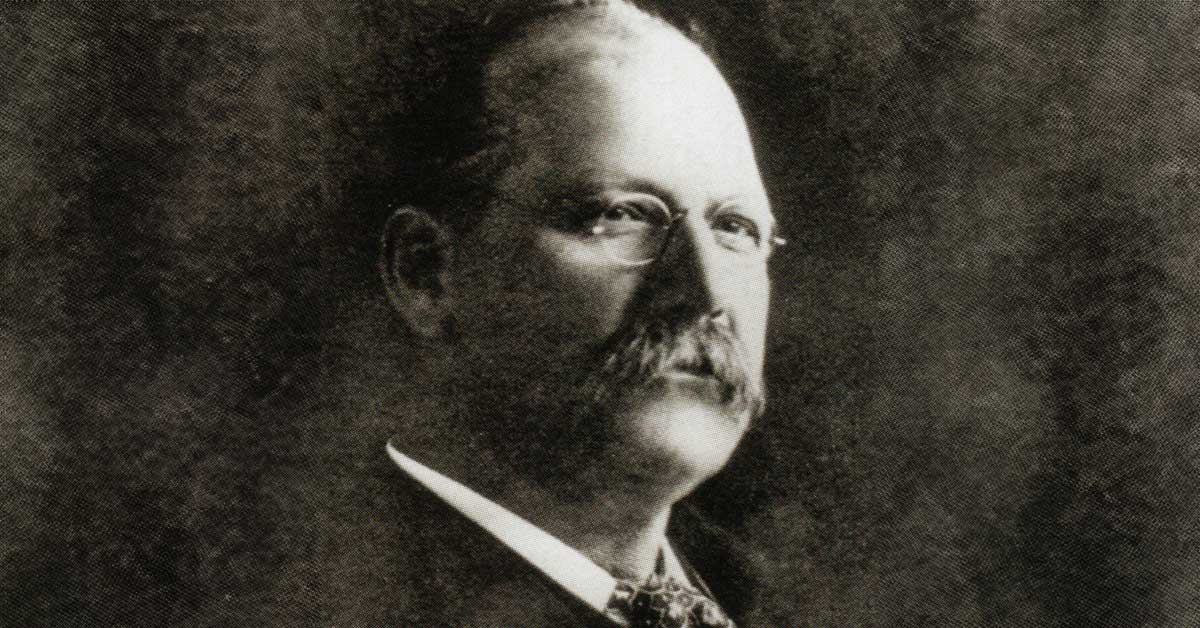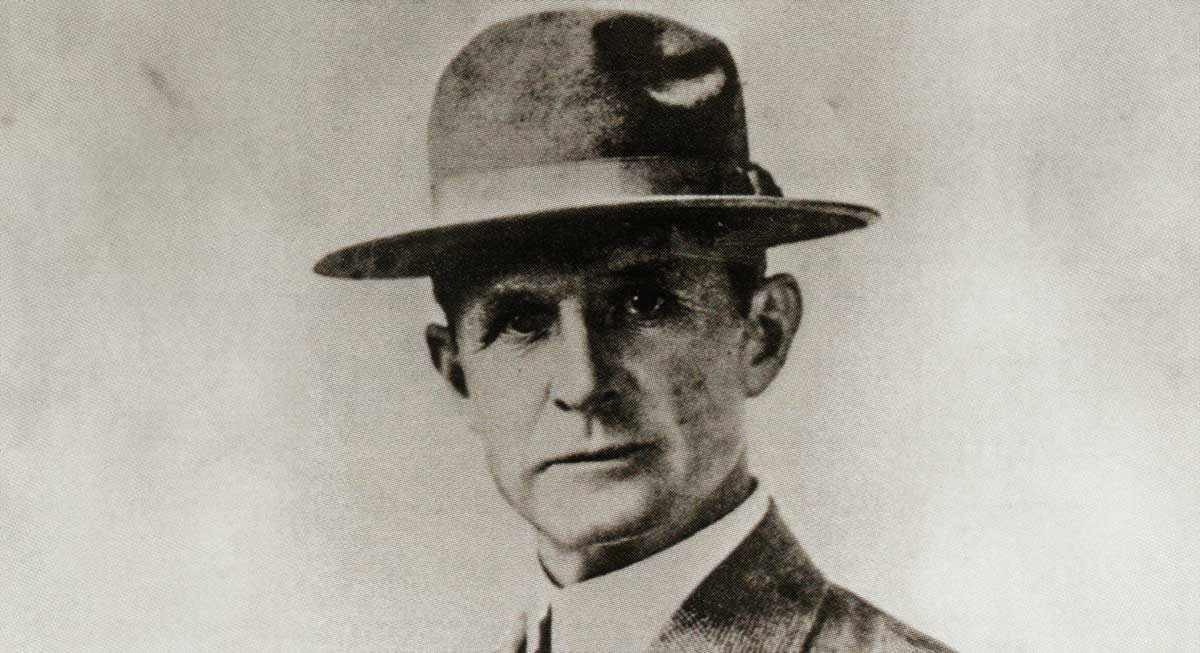Fred Merrick Jennings was born December 17, 1858 near Delaware, Ohio. He, and most of the Jennings family, moved to Kansas, where they were engaged in the cattle business.
About 1887, he moved to San Diego. After arriving, he served one term as constable and two years as Deputy Sheriff under “Captain Folkes” (Union, 8/24/1906).
Brother Frank S. Jennings was a previous Sheriff here. During his tenure, Fred was Chief Deputy, in charge of “criminal business”. Fred was key in murder cases of E. Banks and Mrs. Sandrock, where his “skill in finding and following up clues to a successful termination is generally acknowledged by the members of the bar and others familiar with the administration of justice.”
In 1905, he was urged to run for Mayor of San Diego and was widely viewed as likely to win that position. However, instead he was chosen by the Republican party to run for Sheriff, won, and served 7 years in that role.
His son Frank N. Jennings was Undersheriff under Fred. Frank married Edwina C. Hester 1/14/1915. Edwina was an assistant jail matron under her mother, Mrs. Olive Chambers, who continued as County Jail Matron under Ralph Conklin, who followed Fred Jennings as Sheriff.
In 1914, Sheriff Jennings and his men rounded up about 25 Industrial Workers of the World (I.W.W., or “Wobblies”). The group (called a “band of desperadoes” in the Evening Tribune, February 16, 1914), had escaped from the Imperial County Sheriff earlier and had stolen “a considerable amount of arms and ammunition and a number of horses”. Undersheriff Frank S. Jennings (previously Sheriff 1895-1902) was part of the arresting group.
Also in 1914, Sheriff Jennings “held” in jail four Norwegian sailors who escaped from a Norwegian whaling ship. He was temporarily holding them to allow them to recover from beri-beri and to avoid them being “shanghaied” back onto the ship from which they had escaped while a writ of habeus corpus could be served to remove them from the official custody of the Norwegian Consul and return them safely to Norway.
Sheriff Jennings’ son, Edward Roy Jennings, managed to marry Miss Edna Day in near secrecy on November 24, 1914, as he feared his “father’s frolicsome deputies” would do some mischief.
Thanksgiving dinner was served in the jail November 26, 1914, to 127 prisoners (compared with 94 at Thanksgiving 1913). There were 6 women prisoners. It was announced the inmates “… will today be given all they can eat of prime roast beef and mashed potatoes with gravy, celery, mince pies and big, juicy, red apples that were selected specially for the occasion by Mrs. Olive Chambers, the matron of the jail.” (“The mince pies were guaranteed to be the real things.”)
In 1914, Ralph Conklin was elected Sheriff. When attorney James Byers (later to become Sheriff in 1918) resigned from the SDSO, Fred Jennings took his position as Deputy Sheriff (“… and probably will continue the service indefinitely.”)
Fred Jennings had large ranching interests, and reportedly (Evening Tribune, June 23, 1915) “… has done more work in his big orchard than any four hired men could do, as is attested by several husky ranch hands who unsuccessfully tried to hold their own with him in the irrigation trenches.” Sheriff Conklin remarked (ibid) “The retiring deputy had charge of attachment matters that the ex-sheriff is especially familiar with, and the opportunity to get a man entirely capable at so small a salary as the office affords was considered so fortunate that it was quickly taken advantage of.”
Fred Jennings died in San Diego on May 9, 1927. He was survived by his wife, Ida Belle (Orrell), seven daughters – Oprill J Jennings, Jane Orrell Jennings, Belle Jennings Benchley, Luella Jennings Miller, Sue Jennings Miller, Helen Ida Jennings Bailey, and Sarah Frances Jennings, and three sons – Frank Newby Jennings, Edward Roy Jennings, and William Howard Jennings.




